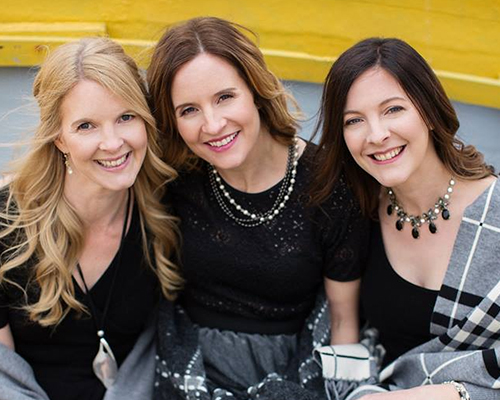Peter
Mom was diagnosed in 2004 and passed away nine years ago.
When mom was first diagnosed, my initial reaction was sadness and concern over how she would react. As a family, we had suspected it might be Alzheimer’s disease. Her diagnosis confirmed what we already knew.
Stigma is a big problem, but our family didn’t experience any stigma directly. Mom was very well known in the community as the organist at our church and leader of the choir. Friends and family continued to maintain a relationship with mom and visited her often. I know that this isn’t always the case.
Stigma affects caregivers, too. Talking openly about your feelings and needs and reaching out to others is important. You need support. Don’t be afraid to ask for help.
Finally, live in the moment! Sharing common interests with the person you’re caring for helps keep things positive. Mom and I had a special bond – we connected through our love for music. Despite her Alzheimer’s, we continued to play and perform together at her long-term care residence. Mom would participate in different ways while I helped her in new ways. Sometimes we would perform songs from my childhood, which always brought joy to my mom.

HERE ARE MY TIPS TO HELP YOU UNDERSTAND:
- They are the same person – they just don’t remember certain things. Treat them with respect and as you did prior to knowing the diagnosis.
- Do not argue with them.
- Sometimes you have to tell them things for their own good. Once when mom referenced dad, who had passed away a few years prior, I tried to convince her that he was gone. That only made the situation more difficult for her. It was as if she was receiving the news of his passing for the first time.
- Keep doing the things you use to do together. Mom was very talented. She loved to sing and played many instruments. We purchased a piano for the long-term care home where mom used to live. This brought many hours of joy for her as well as for the other residents.
- You need to understand that the person living with Alzheimer’s may not be feeling the way you do. Mom was happy in her own place. Our family struggled with the things she couldn’t remember but she had no awareness of this. We tried to keep a positive environment. That’s what made mom the happiest. Finding the humour in each situation also helps.
-
More Stories
-

Catharine Ann
2018
Newfoundland and Labrador
-

Roseanne
2019
Newfoundland and Labrador
-

Sara
2018
Newfoundland and Labrador
-

Teresa, Karen and Maureen
2019
Newfoundland and Labrador

Comments
We may use your information in order to track your relationship with us and our site(s). We do NOT share your information with third parties.